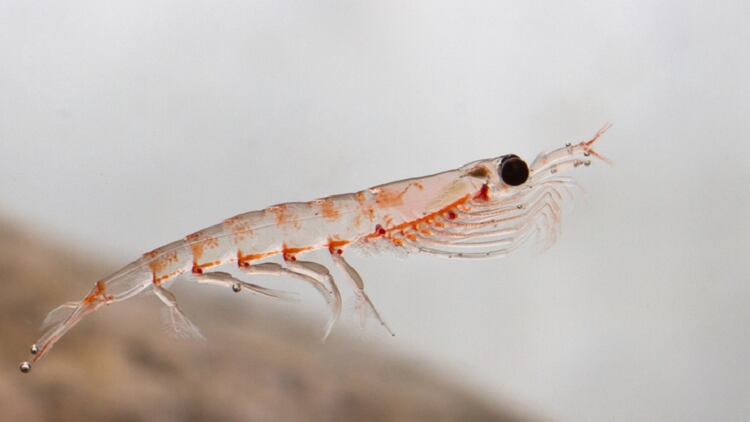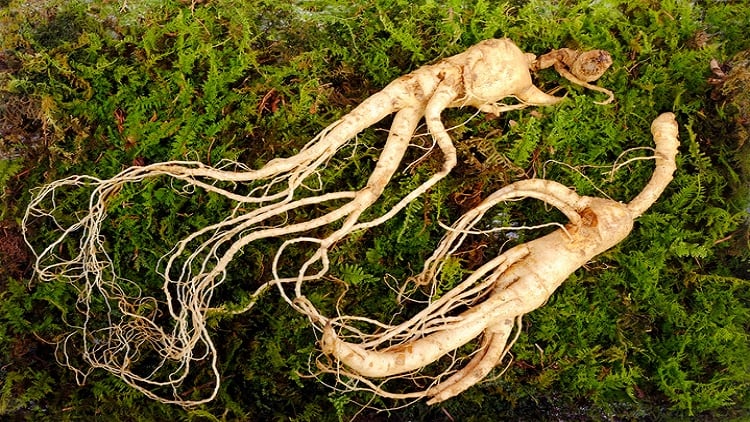The policy started on September 1, 2020 and runs untilAugust 31 next year, said the Ministry of Food and Drug Safety (MFDS).
The regulator is particularly keeping tabs on ethoxyquine – a synthetic antioxidant used as a preservative – as well as the presence of five types of solvents in the Antarctic krill (Euphausia superba) products.
The solvents tested are hexane, acetone, methyl alcohol, ethyl acetate, and isopropyl alcohol.
Hexane and acetone are permitted solvent for extracting krill oil, while the remaining are banned. However, excessive amounts of hexane and acetone are not allowed.
The policy was introduced in accordance to article 22 of the Special Act on Imported Food Safety Management and Regulations on Inspection Orders for Imported Food. The former targets imported foods with a high non-conformity rate to the authorities’ standards or higher risk of safety issues.
Products will need to be examined at testing facilities designated by MFDS. Subsequently, companies can find out the status of the test on MFDS’ website.
Residual solvents, from where?
According to an industry body, the precise origin of the detected solvents remained unknown, though some of the solvents were “naturally producing”.
From the information received from the krill oil producers, the Global Organisation for EPA and DHA Omega-3 (GOED) said food grade ethanol and a combination of hexane and acetone were used to extract krill oil.
“This does not mean that other krill oil producers may not be using additional solvents, but this is the information I currently have. Do note that krill oil can also be produced without the use of organic solvent extraction,” said Gerard Bannenberg, GOED's director of technical compliance and outreach.
He also said that substances such as acetone, and the South Korean-banned ethyl acetate and isopropyl alcohol were naturally producing substances present before extraction.
“It is possible that residual solvents derived from oil extraction procedures are not the problem, and although that would be an easy assumption to make, we currently do not know the precise origin of the detected solvents,” he said.
GOED added that the MFDS policy was strict and it “did not appear that any other countries are implementing similar inspection policies.”
Highly supportive
Some krill oil producers have voiced strong support for MFDS’s policy.
Aker BioMarine said it was important that authorities “take an active stand” on checking product quality, when asked about its views towards MFDS’s policy.
“Aker BioMarine and our partner Pulses Co. Ltd were integral to ensuring the approval of krill oil in Korea back in 2018, thanks to strong collaboration and dialogue with local authorities.
“The feedback from the Korean officials has been positive, and Aker BioMarine, in close collaboration with Pulses, is building a solid reputation as a diligent, fact-based and trustworthy partner in bringing the benefits of krill to Korea,” Andreas Thorud, GM China told us.
He added that the firm had put measures in place to ensure the transparency of product origin. This includes its GPS system that is placed onboard the vessels, allowing the firm to register the catch location of its products.
The firm also uses the Flexitech extraction technology, audited and approved by the US FDA, he said.
Fellow Norwegian firm Rimfrost, on the other hand, said it “highly supported” the work by MFDS, adding that the regulator’s investigation found no problems in its krill oil.
“We are also happy to hear that all imported krill oil to South Korea from now have to go through a strict test regime at arrival in Korea to ensure that the oil fulfil MFDS’s quality criteria…For Rimfrost this will be business as usual.
“This is the only way to secure that consumers get high quality and safe products,” Karl-Erik Slinning, executive VP, sales, research, and development told us, adding that only South Korea has implemented such a test regime on imported krill oil.
Policy background
The new policy comes after the regulator detected banned solvent or excessive amounts of residual solvents in krill oil products during an inspection. Twelve out of 41 of the products tested were found to be ‘non-conforming’ to safety standards.
Krill oil is said to be a source of omega-3 fatty acids and has claimed to be superior to fish oil as the EPA and DHA are phospholipid-bound, instead of triglycerides-bound as in the case of fish oil.
As such, they are more readily absorbed by the body. Krill oil also contains the antioxidant astaxanthin.
Status
Krill oil is not yet recognised as a health functional food (HFF) in South Korea.
"Krill oil is not a health-functioning food but a general food, so we urge you not to be misled by false or hyped advertising without medical or scientific grounds such as disease prevention and treatment effects," the MFDS said earlier on.
Products recognised as HFF are able to bear functional claims.
For ingredients which are not recognised as HFF, the business operator can apply for individual recognition of the ingredients to the MFDS.





